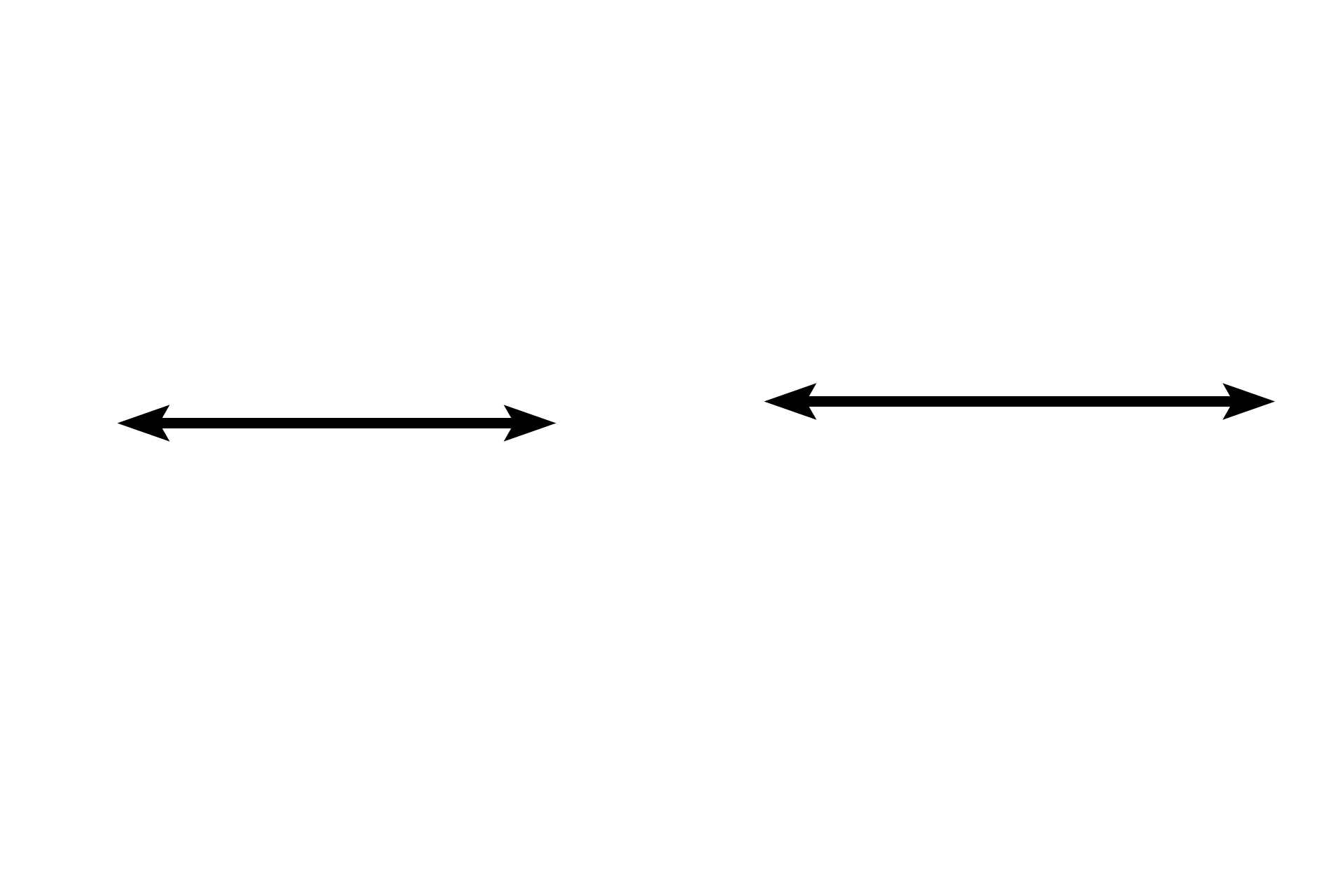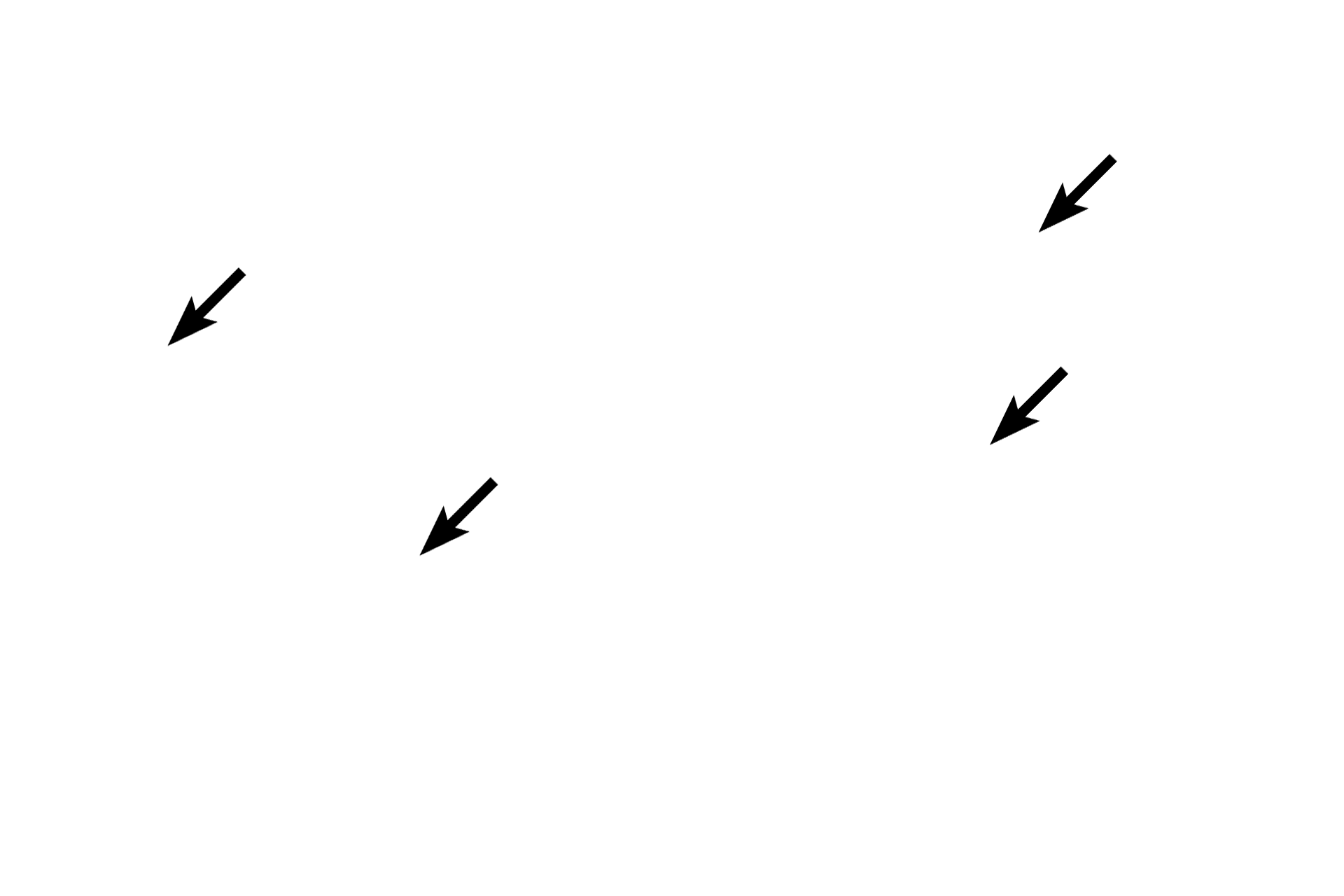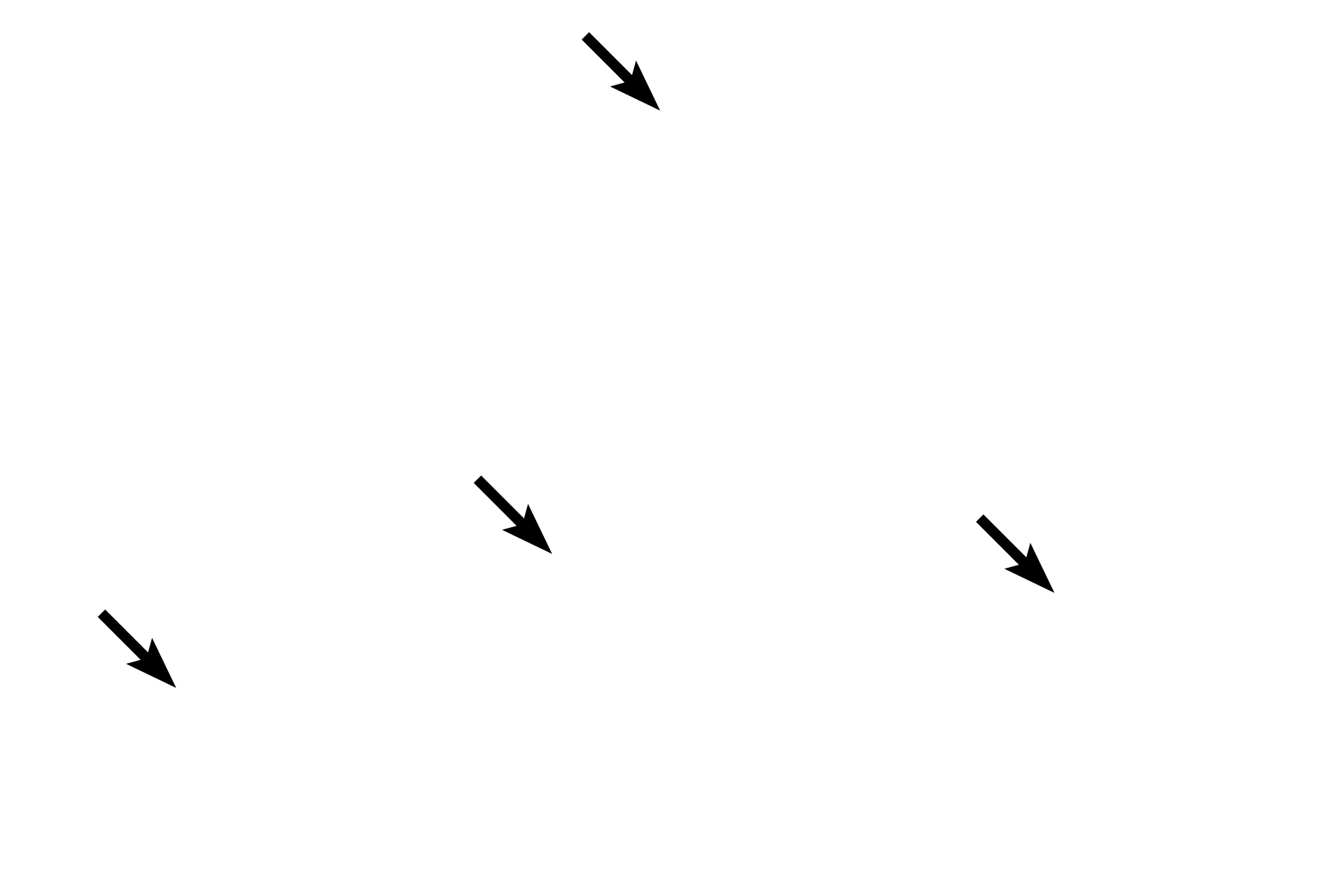
Pancreas
The pancreas is both an exocrine and an endocrine gland. The endocrine pancreas consists of accumulations of pale-staining cells called islets of Langerhans, which are surrounded by pancreatic acini. The islet is composed of different populations of cells that secrete insulin, glucagon, somatostatin or pancreatic polypeptide. These cell types are difficult to distinguish by conventional hematoxylin and eosin staining. Islets differentiate from the developing exocrine duct system and constitute 1-2% of the pancreas volume. 400x

Islets of Langerhans
The pancreas is both an exocrine and an endocrine gland. The endocrine pancreas consists of accumulations of pale-staining cells called islets of Langerhans, which are surrounded by pancreatic acini. The islet is composed of different populations of cells that secrete insulin, glucagon, somatostatin or pancreatic polypeptide. These cell types are difficult to distinguish by conventional hematoxylin and eosin staining. Islets differentiate from the developing exocrine duct system and constitute 1-2% of the pancreas volume. 400x

Endocrine cells >
The endocrine cells of the islet are arranged in plates or cords with intervening capillaries. The islet is surrounded by the exocrine pancreas, composed of spherical acini.

Capillaries
The endocrine cells of the islet are arranged in plates or cords with intervening capillaries. The islet is surrounded by the exocrine pancreas, composed of spherical acini.

Acini
The endocrine cells of the islet are arranged in plates or cords with intervening capillaries. The islet is surrounded by the exocrine pancreas, composed of spherical acini.

Image source >
Image taken of a slide in the University of Mississippi collection.
 PREVIOUS
PREVIOUS